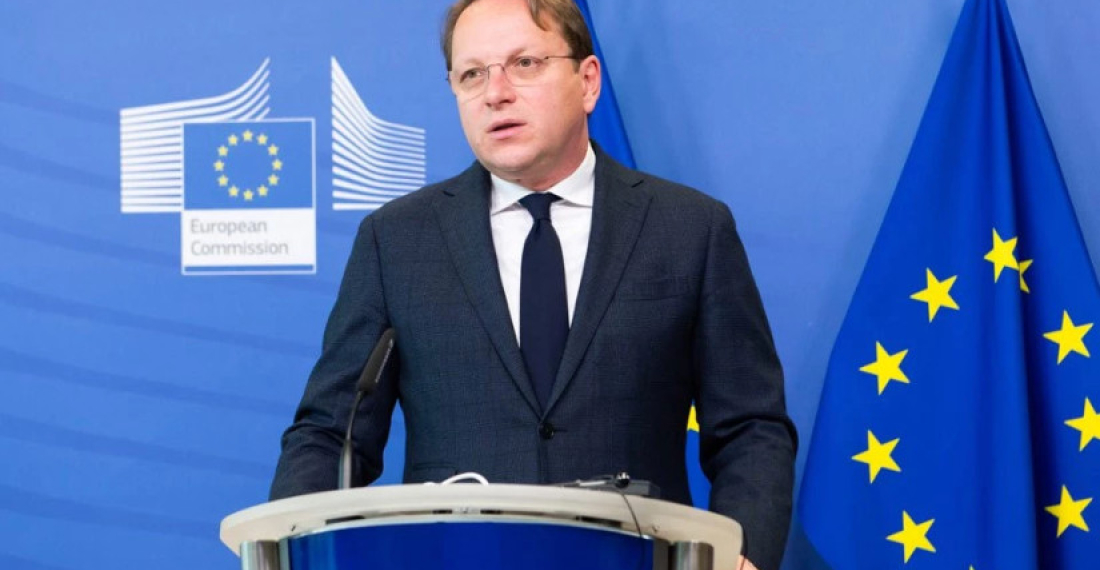From 9 to 11 July, Olivér Várhelyi, Commissioner for Neighbourhood and Enlargement, will make an official visit to the Republic of Moldova to launch the EU's bilateral accession screening process with Moldova, starting with the basics.
The bilateral screening is the first step in the negotiations, during which the candidate country is invited to present its state of preparedness to adopt and implement the EU acquis and the steps it intends to take to further align its legislation with that of the EU.
In Chisinau, the Commissioner met President Maia Sandu, Prime Minister Dorin Recean and members of his cabinet, the Speaker of the Parliament Igor Grosu and members of the Parliament.
Commissioner Várhelyi will also visit beneficiaries of EU-funded projects to underline the EU's commitment to supporting Moldova's development. This will include a visit to an apartment complex that has been renovated to energy efficient standards with EU funding.
He will also hand over 40 EU-funded patrol cars and body cameras to the Moldovan police.







